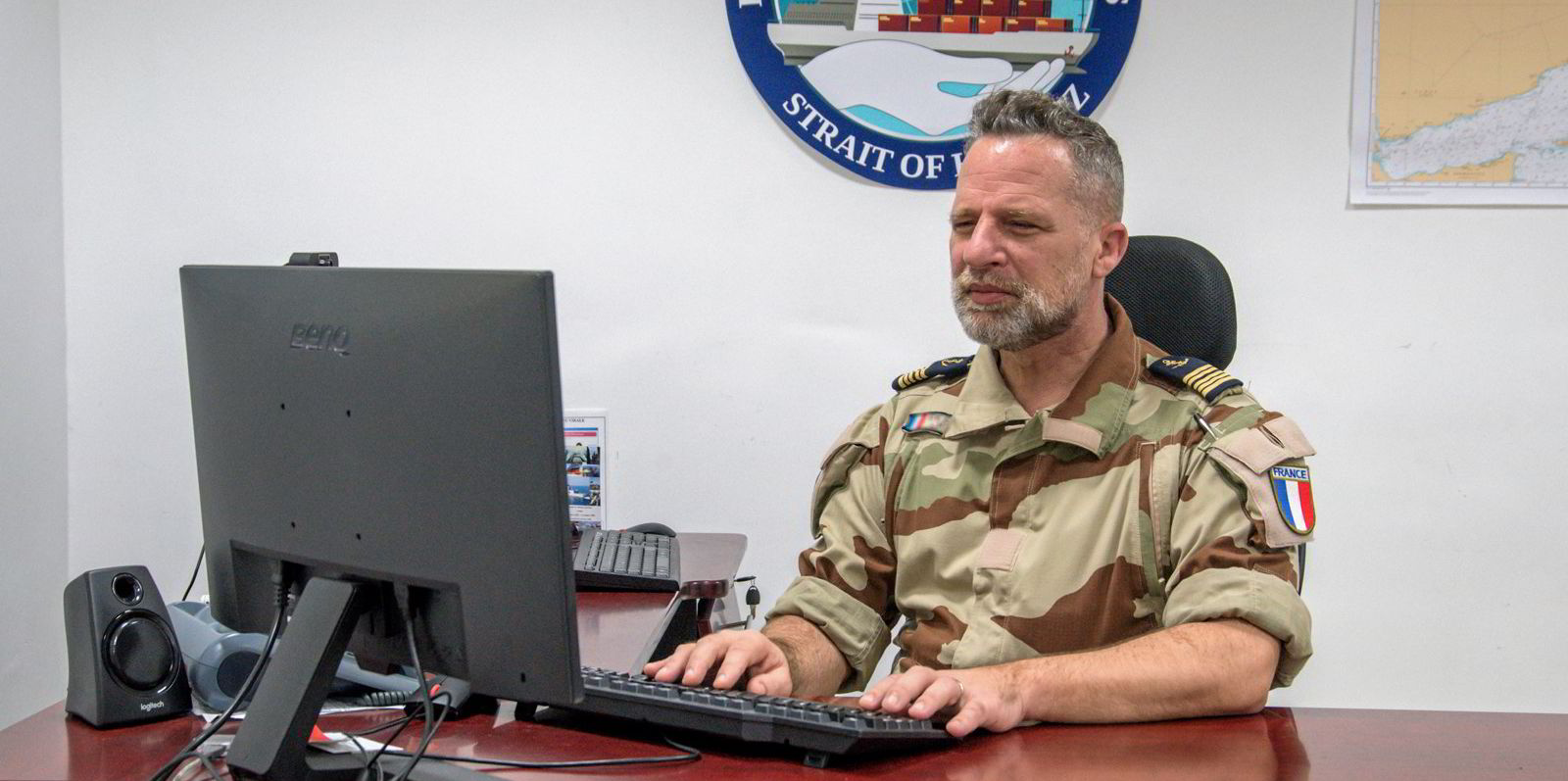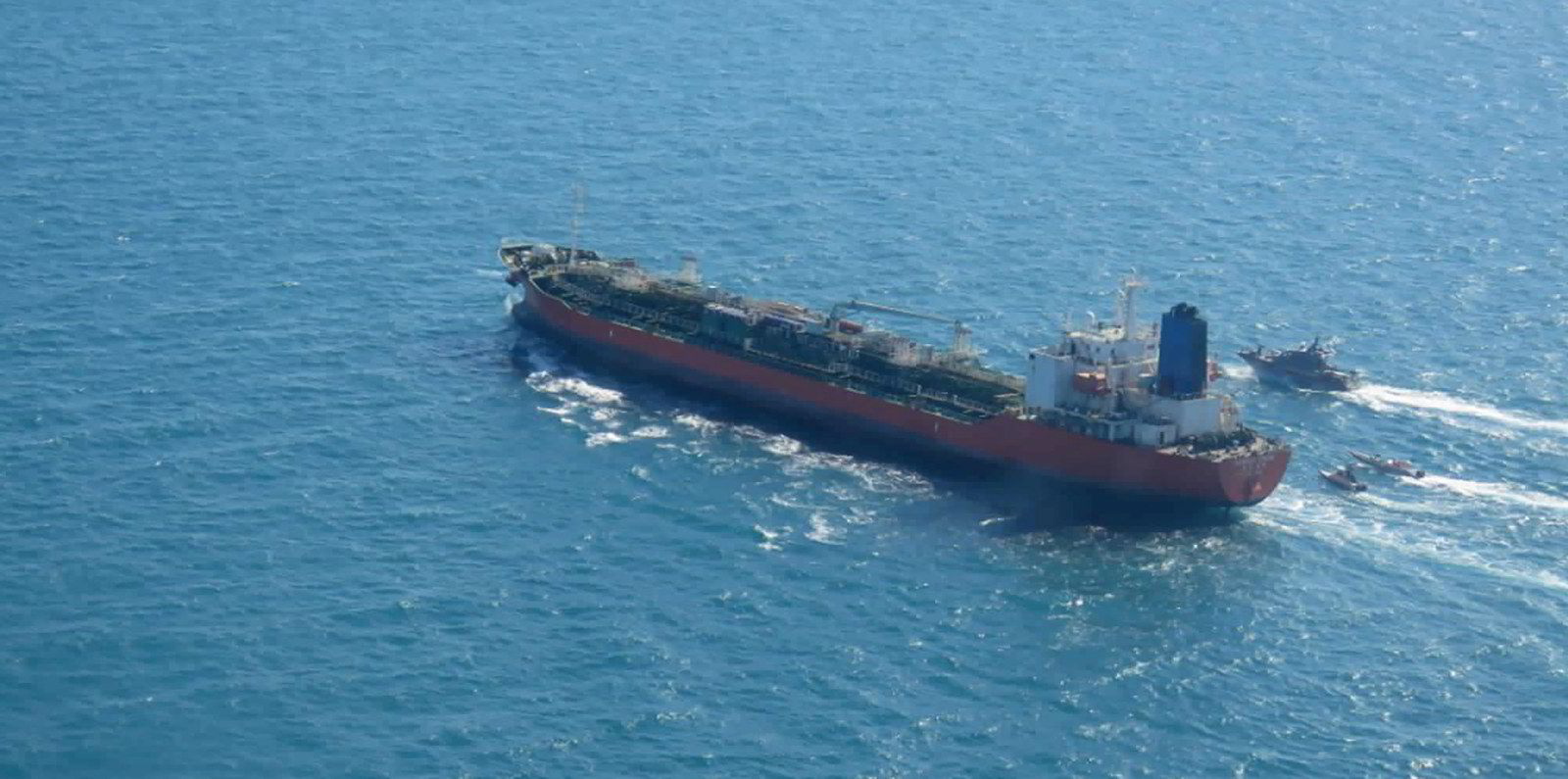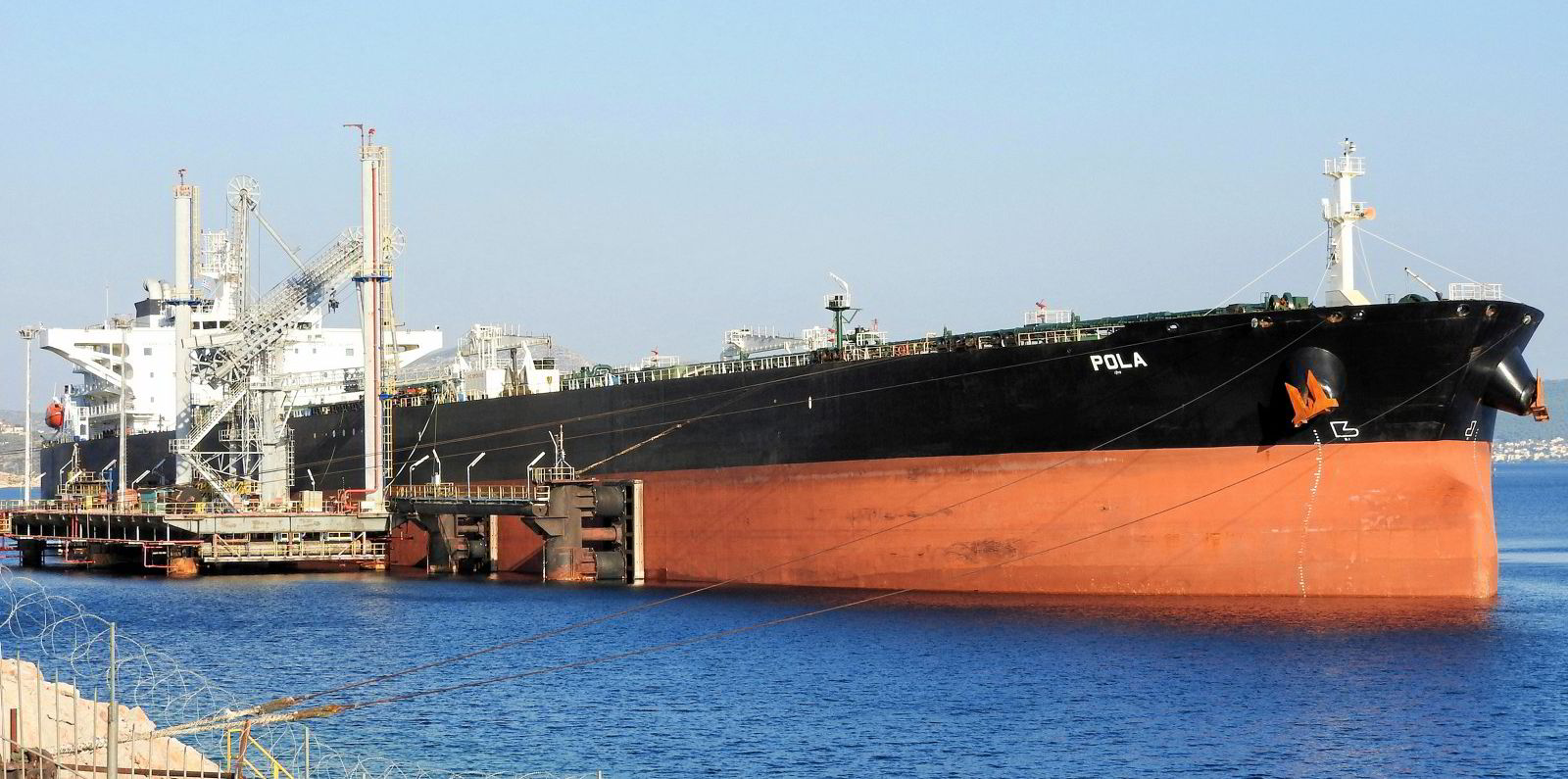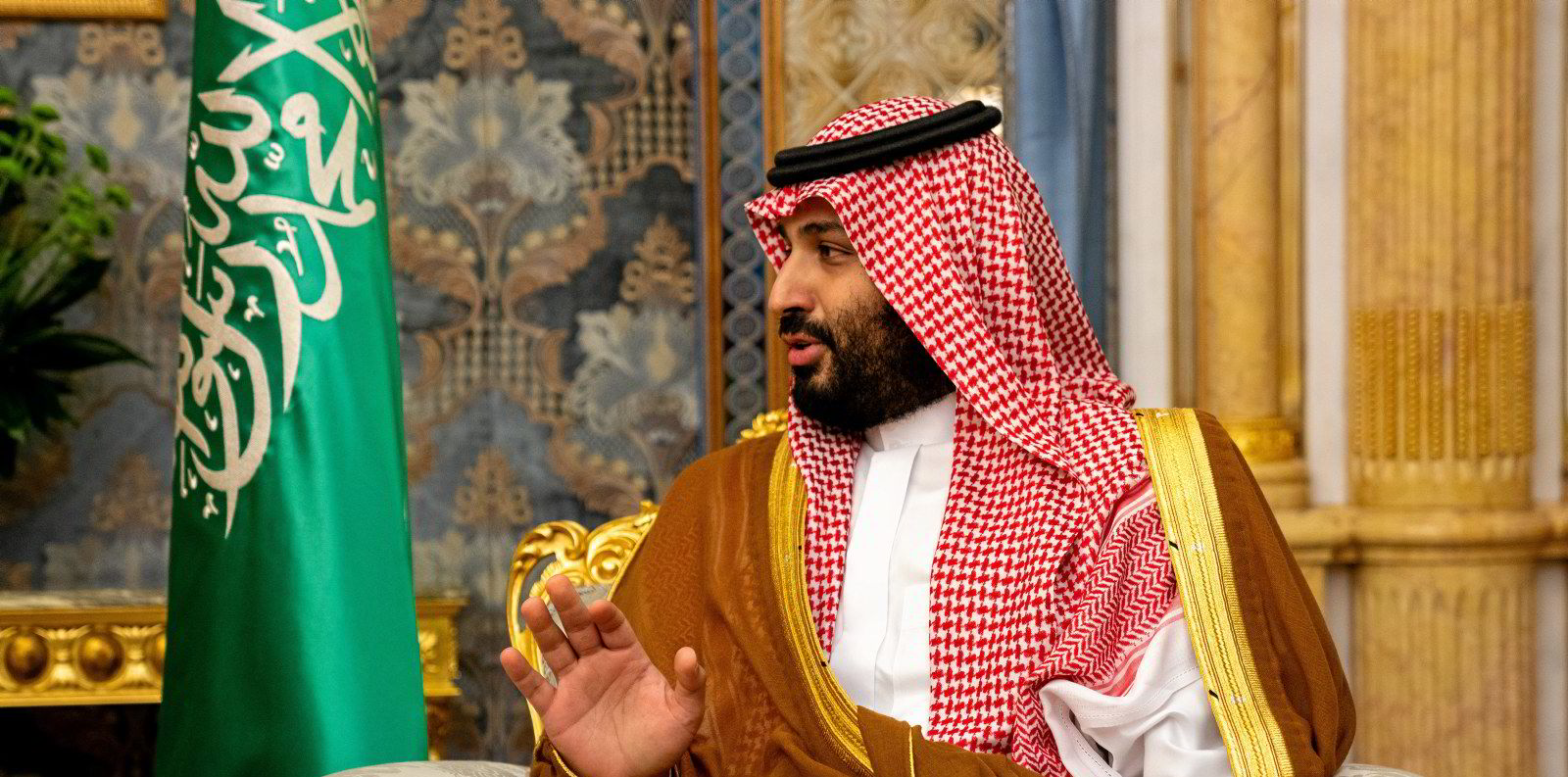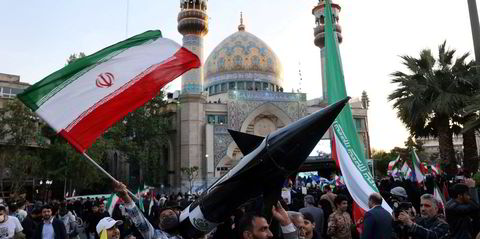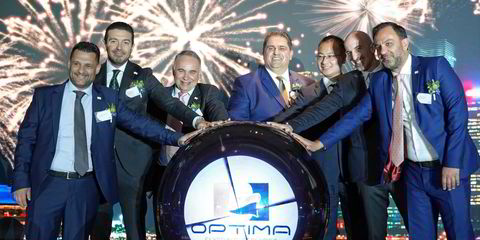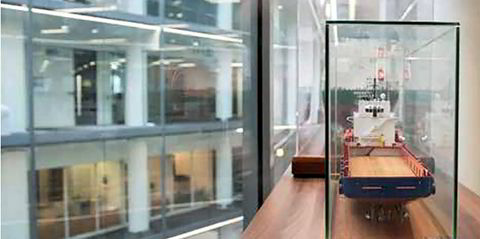The outgoing commander of the European surveillance mission in the Strait of Hormuz says the shipping industry will still be able to rely on the force should tensions flare in the Middle East Gulf.
Captain Christophe Cluzel told TradeWinds that the eight-member European Maritime Awareness in the Strait of Hormuz (EMASOH), deployed last February, has been authorised to continue patrolling the region for another year.
“The security situation in the area remains volatile,” he said.
“Part of our mission is to keep up the level of confidence of the European maritime companies at a satisfactory level.”
The mission was formed in the wake of a spate of raids on commercial shipping in 2019.
Iran was accused of attacking tankers in a suspected attempt to get the US to lift onerous sanctions implemented after Washington withdrew from a three-year-old agreement that saw Iran allowed back into the global economy in exchange for a scaled-back nuclear programme.
Following the mission's deployment and the presence of the US-led International Maritime Security Construct, which was created for a similar purpose, 2020 was mostly a placid year.
It was not until December that Iran-backed Houthi rebels based in Yemen reportedly attacked two tankers with mines and a third ship discovered an unexploded mine off Iraq. On Monday, Iran seized a South Korea-owned and flagged tanker for alleged pollution amid what appeared to be a dispute over Iranian funds frozen in South Korea.
'Turning on the light'
Overall, Cluzel — who will be replaced by a Danish commodore in the coming weeks — said the group’s mission is to “turn on the light” when something is amiss in the Strait of Hormuz, where a considerable portion of the world’s seaborne oil passes each day.
The mission is one of de-escalation and reassurance for the shipping industry.
“Our approach is legitimate and it’s relevant with respect to international law,” said Cluzel, a French naval officer who previously served as deputy commander for the country’s maritime forces.
Throughout the year, the force — manned by Belgium, Denmark, Greece, the Netherlands and France with support from Italy, Portugal and Germany and political support in the form of a Danish diplomat — liaised with shipping companies, shared information and monitored their movements.
“We have built a maritime situation awareness,” Cluzel said.
“We are able to detect any weak signal of change of posture or any suspected behaviour. Based on these assessments, we are directing our units to the best place on the best timing to try and deter any illegal behaviour or to collect evidence on any illegal act.”
Cluzel would not go as far as his one-time IMSC counterpart, British Royal Navy Commodore Rob Bellfield, who declared “mission success” in November in celebrating his force’s one-year anniversary.
“[When] I begin to draft my post-mission report, I will write that my predecessors and my staff did a pretty good job so far,” Cluzel said.
“I think the operation is doing well. We have built our reputation. The feedback we receive from the merchant shipping community is very positive."
